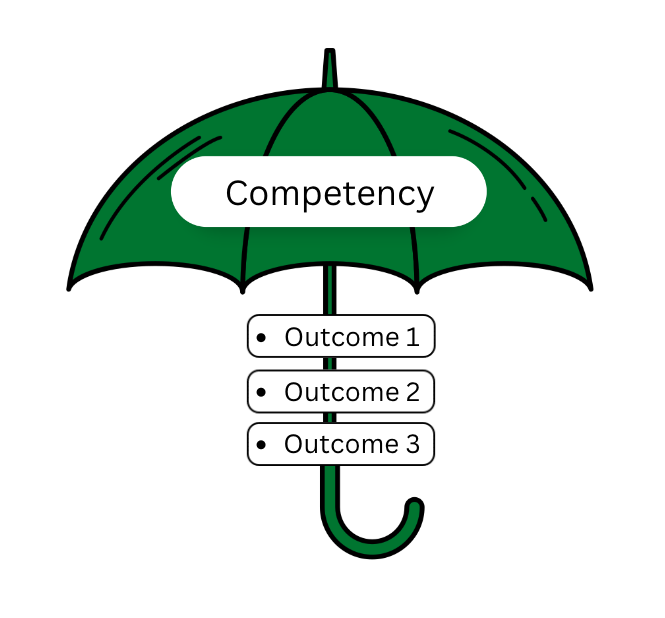If It’s Too Good to Be True: The publishing edition
Then, only two days later, I received an email from a company offering me the chance to publish my thesis, for free. I suspected that every other grad student who submitted a thesis that month also received such a generous and tempting offer. Grad students often experience pressure to build a publication record, which I assume might be why publishing companies like this spam us.
I found an article written by journalist Joseph Stromberg, who actually went through the process of publishing with one of these companies. He wrote the most thorough story I found online about predatory publishers. I use the term ‘predatory publisher’ because, although the offer I received claimed I could publish my work at no cost, I would be required to sign over my copyright and, as Stromberg experienced, the company then pressures its authors into buying back their own work.
Early this fall, I spoke with DeDe Dawson of the U of S Library, who said that predatory or disreputable publishers have become a growing concern in academia as the academic world becomes larger and more accessible. The problem is not limited to graduate students, said Dawson, since “some disreputable journals will list you as an editorial board member without your knowledge or consent, just to get associated with your reputation.” Dawson recommends that researchers regularly Google their own names to find out if they are being listed on a site without their knowledge. She also recommends that graduate students first check with their discipline’s liaison librarian about the reputation of any journal that offers to publish work prior to responding to such offers.
What I found most troubling is that, based on the accounts I read, which include Lambert Academic Publishing (or How Not to Publish Your Thesis)and a post from 2009 called Academic Spam, predatory publishers do not appear to be breaking the law.
The moral of the story is that what looks too good to be true generally is, particularly if someone without a specialized background claims to have actually read and assessed an MA thesis (in two days).


